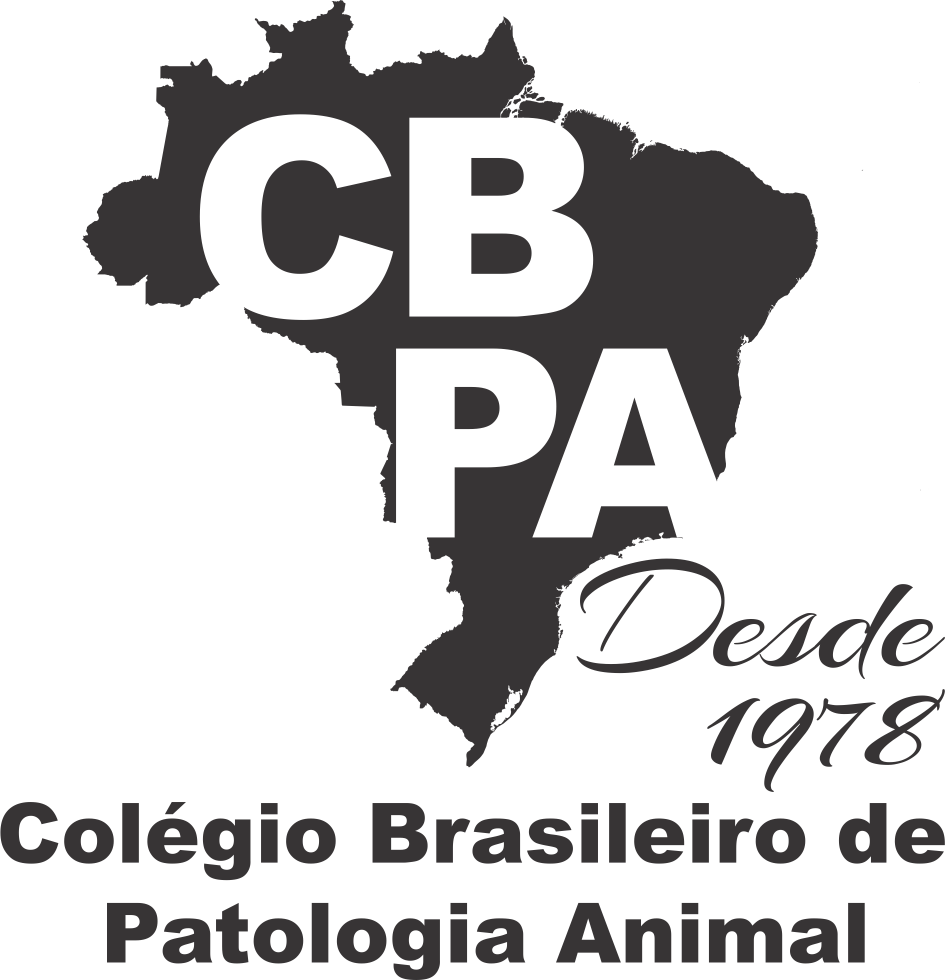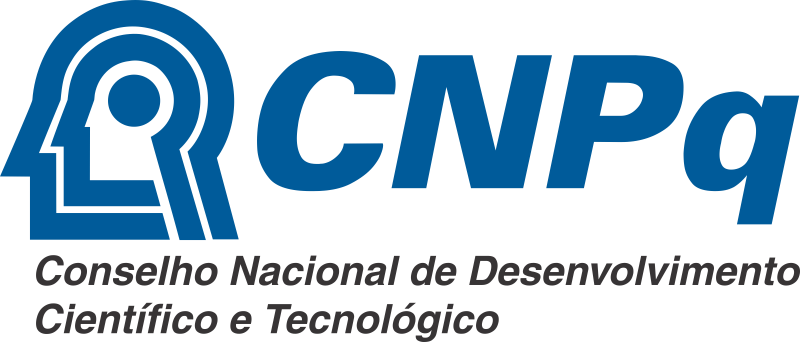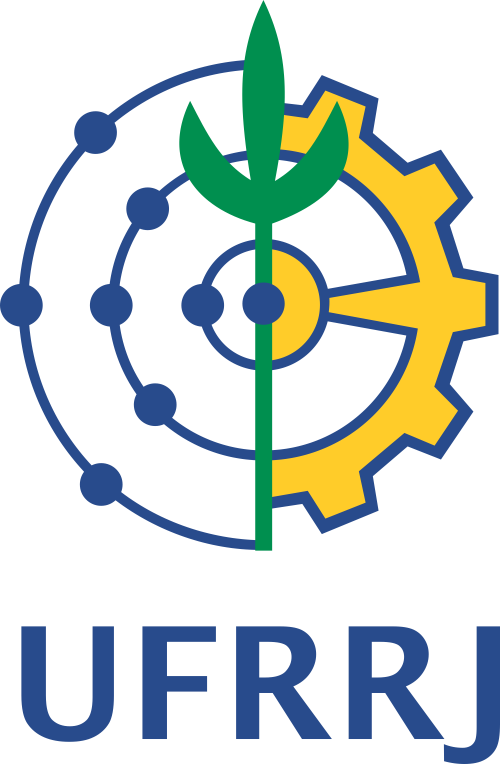Resultado da pesquisa (1)
Termo utilizado na pesquisa Shimamura M.G.
#1 - Importância de Cryptosporidium spp. como causa de diarréia em bezerros, p.452-456
Abstract in English:
ABSTRACT.- Feitosa F.L.F., Shimamura M.G., Roberto T., Mendes L.C.N., Peiró J.R., Feres F,C., Bovino, F., Perri S.H.V. & Meireles M.V. 2008. [Importance of Cryptospori-dium spp. as a cause of diarrhea in calves.] Importância de Cryptosporidium spp. como causa de diarréia em bezerros. Pesquisa Veterinária Brasileira 28(10):452-456. Curso de Medicina Veterinária, Universidade Estadual Paulista, Campus de Araçatuba, Rua Clóvis Pestana 793, Araçatuba, SP 16050-680, Brazil. E-mail: leydsonf@fmva.unesp.br
The aim of this research was to evaluate the shedding of Cryptosporidium spp. oocysts in fecal samples from 14 calves from one dairy farm, from birth until 60 days old and from cows until eight weeks after parturition. The higher percentage of oocysts excreted was observed in 7-day-old calves. In the post-partum period 43.7% of cows were positive for Cryptosporidium oocysts. Further analyses were accomplished in 57 calves from another 32 milk farms, previously known as positive for Cryptosporidium, through oocysts fecal screening and clinical signs analyses until calves were 30 days old. Fecal samples from all animals that presented diarrhea were screened for the presence of bacteria, virus (Rotavirus and Coronavirus ) and protozoa (Eimeria spp.).
Abstract in Portuguese:
ABSTRACT.- Feitosa F.L.F., Shimamura M.G., Roberto T., Mendes L.C.N., Peiró J.R., Feres F,C., Bovino, F., Perri S.H.V. & Meireles M.V. 2008. [Importance of Cryptospori-dium spp. as a cause of diarrhea in calves.] Importância de Cryptosporidium spp. como causa de diarréia em bezerros. Pesquisa Veterinária Brasileira 28(10):452-456. Curso de Medicina Veterinária, Universidade Estadual Paulista, Campus de Araçatuba, Rua Clóvis Pestana 793, Araçatuba, SP 16050-680, Brazil. E-mail: leydsonf@fmva.unesp.br
The aim of this research was to evaluate the shedding of Cryptosporidium spp. oocysts in fecal samples from 14 calves from one dairy farm, from birth until 60 days old and from cows until eight weeks after parturition. The higher percentage of oocysts excreted was observed in 7-day-old calves. In the post-partum period 43.7% of cows were positive for Cryptosporidium oocysts. Further analyses were accomplished in 57 calves from another 32 milk farms, previously known as positive for Cryptosporidium, through oocysts fecal screening and clinical signs analyses until calves were 30 days old. Fecal samples from all animals that presented diarrhea were screened for the presence of bacteria, virus (Rotavirus and Coronavirus ) and protozoa (Eimeria spp.).









